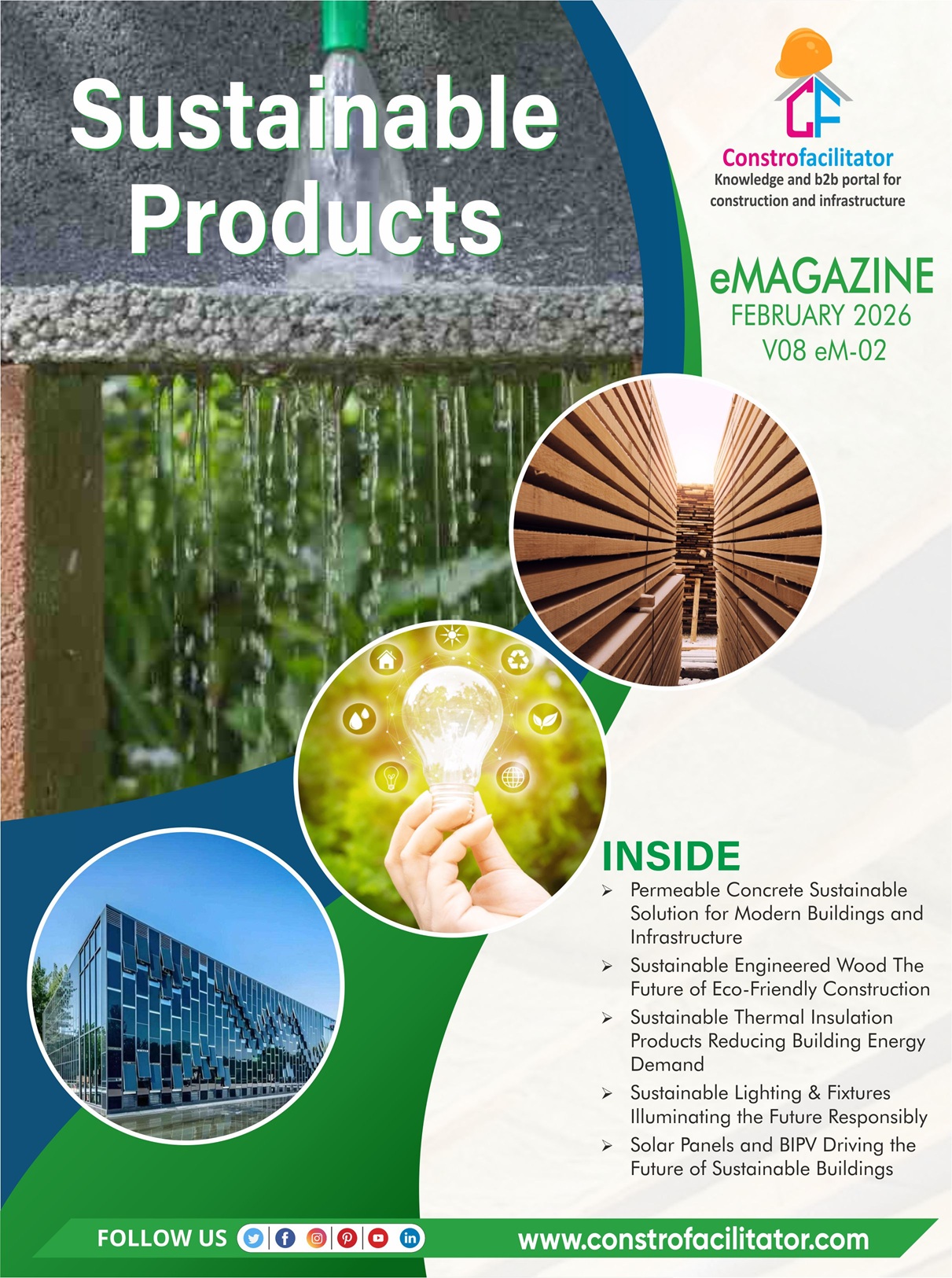Expecting a record fall of 20 per cent in domestic steel demand during the ongoing financial year, ratings agency Icra on Tuesday said it has revised its outlook for the sector to negative from stable.
According to official data, India consumed 100 million tonne of steel during financial year ended March 2020. “Early indications of an unprecedented demand slowdown visible in data for March and April, points to a steep year-on-year contraction in steel demand of 22 per cent and 91 per cent, respectively. The domestic steel demand is estimated to decline by upwards of 20 per cent in 2020-21, which will be the sharpest fall on record,” Icra said.
Consequently, the outlook on the domestic steel industry has been revised to negative from stable as the domestic steel demand is expected to remain subdued until the COVID-19 pandemic is brought under control.
The rating agency has warned that the first half of financial year 2020-21 is expected to be very challenging. Jayanta Roy, senior vice-president and group head (corporate sector ratings), ICRA, said, “Rebooting the steel industry from hibernation is going to be a tough task. The first half of 2020-21 is expected to be especially challenging for steelmakers.
Many buyers could prefer to sit at the sidelines, given the uncertain demand environment and liquidity pangs of steel consumers, amid dwindling sales and fixed cost obligations.”
He added that despite higher borrowing levels of state governments that have been allowed subject to conditions, infrastructure spending by the Centre and states could be partly deferred to the next fiscal due to dwindling tax collections currently, limiting the possibility of a sharp bounce back in steel demand post the lockdown.
Key steel consuming states like Maharashtra, Gujarat, Delhi, Tamil Nadu, Andhra Pradesh, Telangana, Rajasthan and Punjab have a sizeable portion of their population living in districts marked as red zones, and with around 51 per cent of the urban population living in red zones, the steel demand from the construction and real estate sectors could take some time to return to the pre-COVID-19 levels, Icra said.
n addition to slackness in demand, the migration of labour, timely availability of raw materials, and liquidity/ working capital availability remain some of the key challenges grappling the end-consumers of steel.
The challenges could also affect the operating profitability and debt protection metrics of steelmakers in 2020-21.




